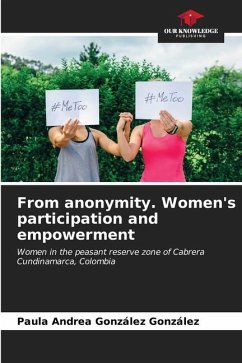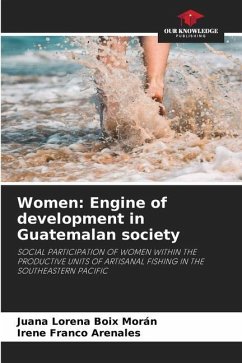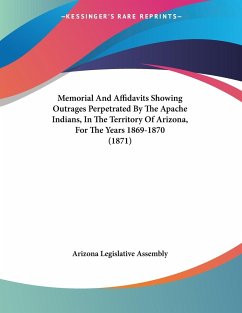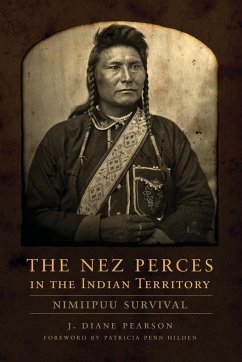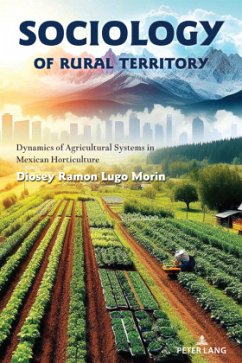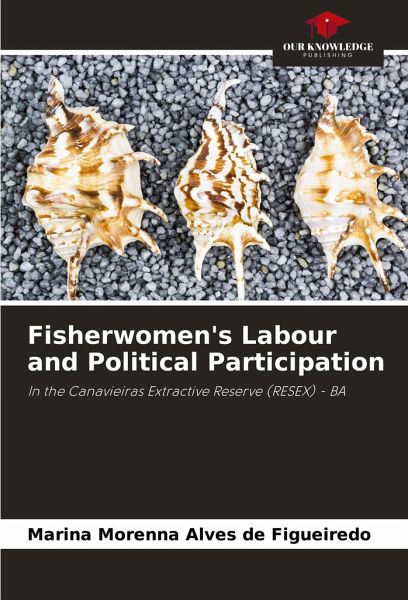
Fisherwomen's Labour and Political Participation
In the Canavieiras Extractive Reserve (RESEX) - BA
Versandkostenfrei!
Versandfertig in 6-10 Tagen
36,99 €
inkl. MwSt.

PAYBACK Punkte
18 °P sammeln!
Within the context of artisanal fishing, since it is an extremely important activity in extractive reserves (RESEX) and influences the economy and culture of fishing communities, this research sought to give greater visibility to the real participation of women in shaping the space in question. In this way, the analysis adopted took into account the participation of women in the construction of social processes in fishing communities. In fact, women's achievements in the labour market have brought new questions and reflections on the production of space. However, in traditional fishing communi...
Within the context of artisanal fishing, since it is an extremely important activity in extractive reserves (RESEX) and influences the economy and culture of fishing communities, this research sought to give greater visibility to the real participation of women in shaping the space in question. In this way, the analysis adopted took into account the participation of women in the construction of social processes in fishing communities. In fact, women's achievements in the labour market have brought new questions and reflections on the production of space. However, in traditional fishing communities, women's work is still marked by invisibility and a lack of recognition in the category. In artisanal fishing, women have always played an important role, both in the post-catch production chain and in processing fish for sale and in making and mending fishing mesh, as well as acting as fisherwomen and shellfish gatherers.





